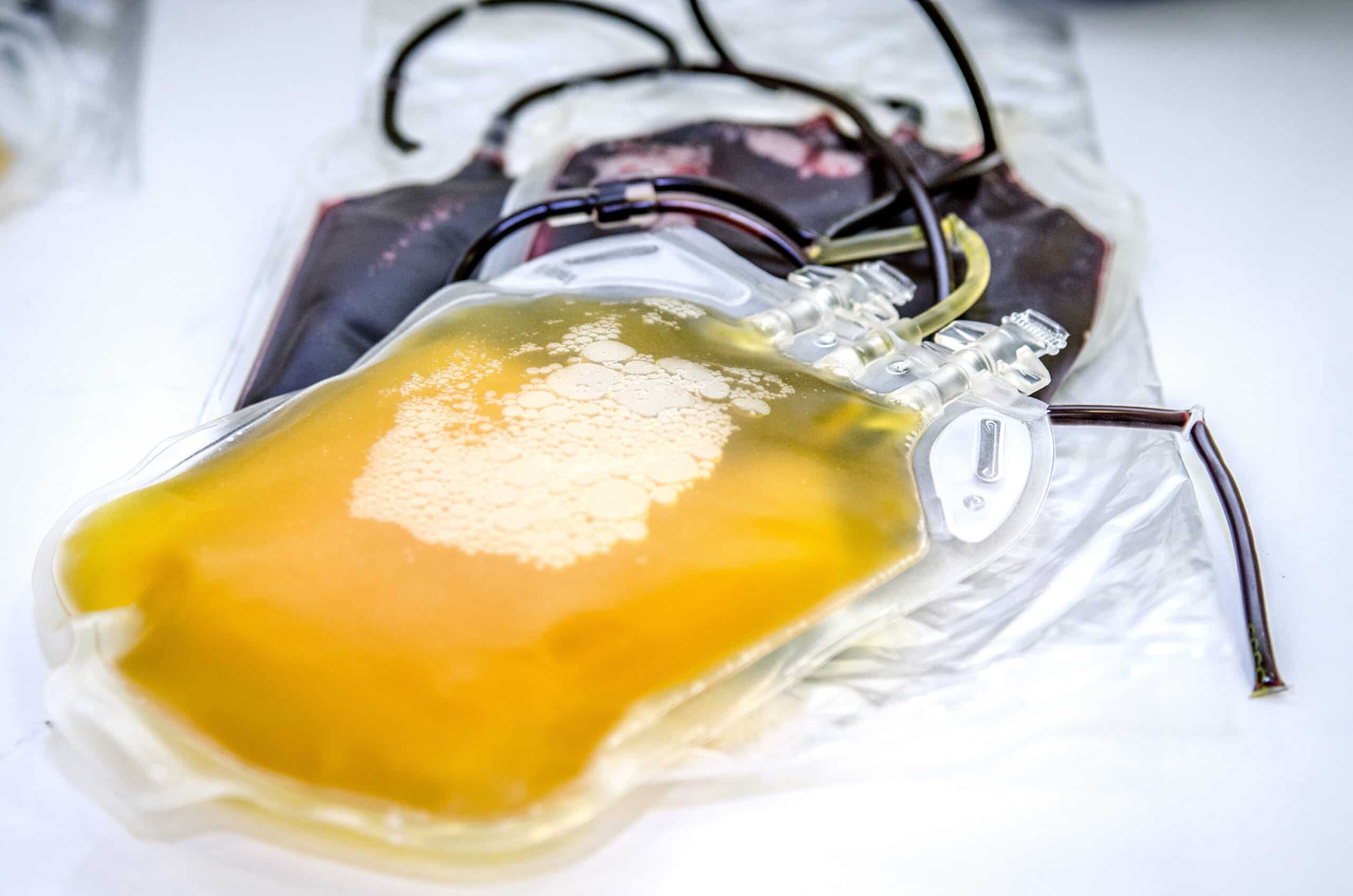According to Sharon Sha, MD, improvements in functional ability came as a surprise, but she cautions additional research is required as this is a small trial with results being reported by patients and caregivers, but the results warrant further study.
Safety of plasma injections were tested in this trial as well as hypothesis based on findings from a separate Stanford study of blood derived from young mice rejuvenating brain tissue and improving cognitive performance in old mice; plasma injections widely and safely used for other medical applications were found to be safe.
Alzheimer patients who received plasma from young people showed improvements in functional abilities such as performing basic day to day tasks which included remembering to take medications, preparing meals, and paying bills.
This trial used plasma from donors between the ages of 18-30; and was conducted in 2 stages over 6 months with participants suffering from mild to moderate symptoms of AD. During the first stage 9 subjects received plasma infusions while 9 received saline solution placebo, neither subjects or caregivers knew which infusion they had received. During the second stage subjects who had been receiving placebo were given the plasma and subjects who had been receiving plasma were given placebo. After each stage subjects were tested to assess mood; cognitive ability to do things such as recall events and memorize lists; and functional ability to perform day to day life tasks.
Subjects receiving plasma were reported to show no significant change in mood or cognitive ability but did demonstrate statistically significant improvements on 2 out of 3 different assessments of functional ability. Based on their findings the researchers aim to move forward to larger studies.




